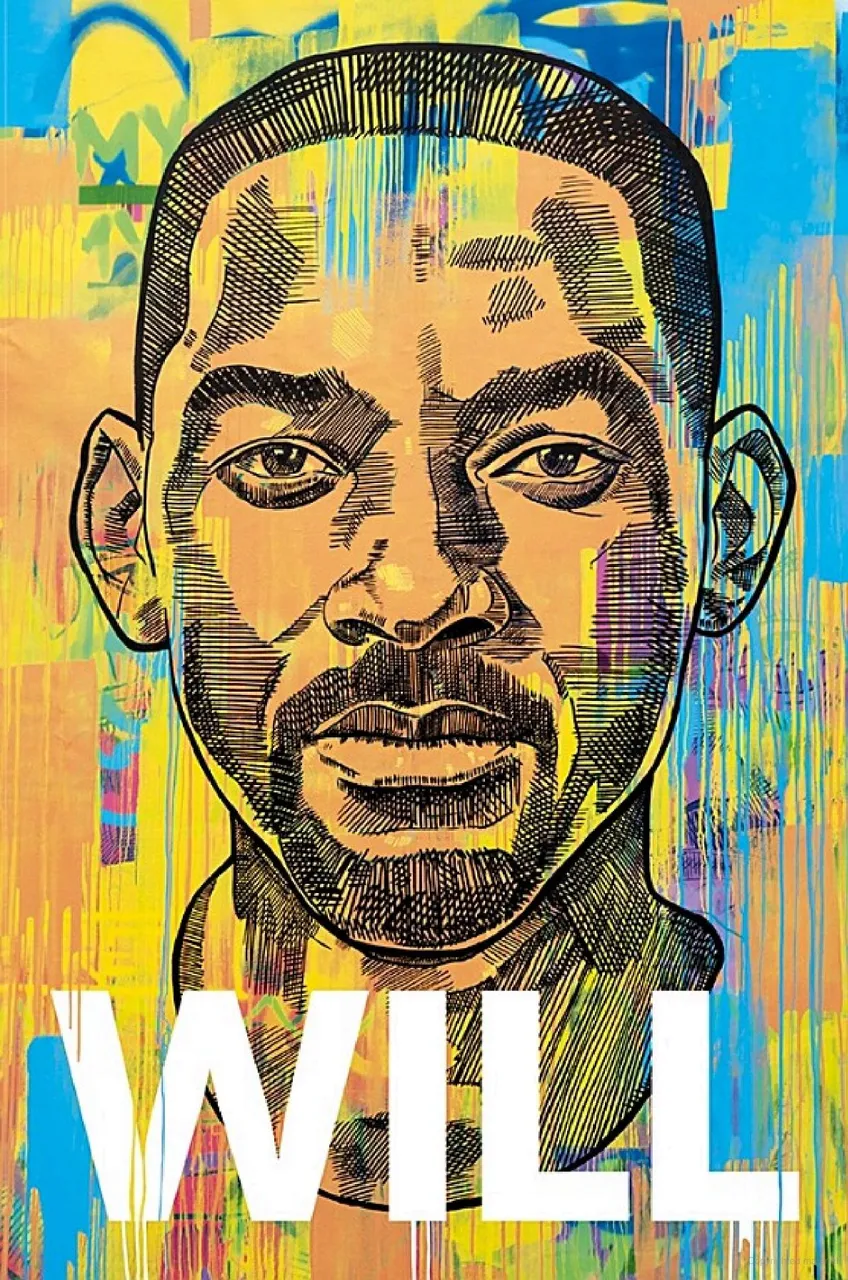
The description of his childhood is quite detailed, but interesting, blending his voice with sounds as the story progresses, and we enter the world of his greatest moments in pop culture, demos, beat boxing, and sounds, like the "Fresh Prince" of Bel-Air song or the song "Parents Just Don't Understand." I loved learning details, like, for example, that Will plays the piano. Perhaps because I'm a frustrated pianist, he mentions that the scene from "The Fresh Prince of Bel-Air" that solidified his role was the episode where he and Uncle Phil argue about never judging a book by its cover, and at the end of the episode, he had to sit down and play the piano. The producers already had shots to focus on his face and fingers and that another actor played, but, in a moment of relaxation, he let himself go, sat down at the piano, and played "Für Elise" by Beethoven, which he learned as a child thanks to piano lessons from his grandmother.
Since these shows were filmed in front of a live audience, the audience erupted in applause. He details how he landed the role through the legendary Quincy Jones, his first film, "6 Degrees of Separation" (I clearly remember him receiving praise for that performance), and how difficult it was for him to break out of the role, which severely damaged his first marriage.
Up to this point, the book has always revolved around the big white elephant in the room: Will felt like a coward.
Throughout the book, Smith explains how he always concealed his fear with laughter. For him, being funny was a way to calm tempers and hide his cowardice, which is why he never dared to defend his mother from his father's outbursts, or why he has always felt he needs a woman's approval: his mother, his grandmother, his wife, his daughter.
Clearly, Smith's success isn't a coincidence or due to circumstance, but rather to his military discipline. Something that really caught my attention was his detailed account of how he studied "the formula" for success, paraphrasing "monsters, special effects, and a light love story."
Will Smith behaved as if the word "no" wasn't in his dictionary when he achieved his goals.
Throughout this book, Will Smith confidently states that neither money nor fame can solve the problems of an ordinary person with his disadvantages.
He explains this in detail in his relationship with his current wife, the pressure he put on his children during their respective forays into show business, and his relationship with his ex-wife and his first child.
Ultimately, only with introspection and a lot of therapy can you feel good about yourself. Spoiler alert: By the end of the book, Smith understands this, and reading about his confrontation with all his demons is shocking.
He never explains whether he mentally and emotionally reconciled with his father, who accompanied him through his successes until his death.
It is a highly recommended book, regardless of whether you like Will Smith or not, with this book you will learn a lot about self-help, 90s pop culture, the importance of discipline, the importance of education and the disasters of trauma... Another Spoiler, untreated trauma covers so many aspects of Smith's life, that it prevented him from meeting Tupac Shakur, almost cost him the role in "The Fresh Prince" and he almost missed meeting Mohammed Ali and Nelson Mandela himself, just to name a few specific cases.
Thanks for the reading me 📖